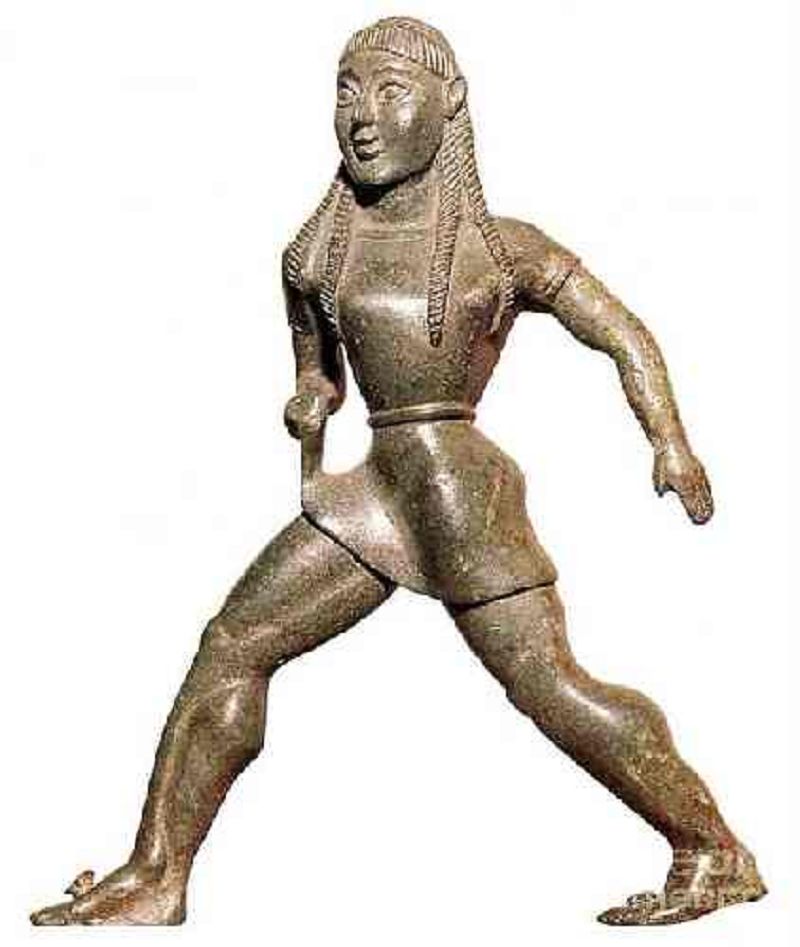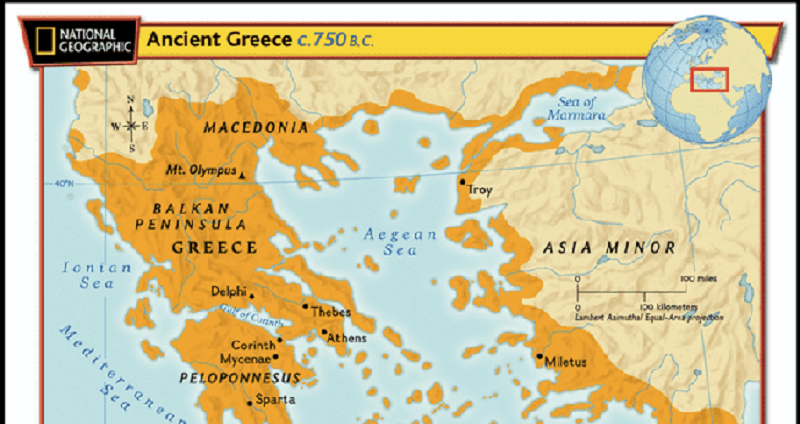ADV CC WH Test: Ancient Greece
{"name":"ADV CC WH Test: Ancient Greece", "url":"https://www.quiz-maker.com/QPREVIEW","txt":"Which phrase correctly completes this chart? [Monarchy: exercise of central power by a hereditary ruler] [Aristocracy: rule by a privileged minority or upper class] [Oligarchy: ?], \"All goes wrong when, starved for lack of anything good in their own lives, ment run to public affairs hoping to snatch from thence the happiness they hunger for. They set about fighting for power and this... conflict ruins them and their country. The life of true philosophy is the only one that looks down upon offices of state.\" ---Plato, The Republic Based on this passage with which of the following statements would Plato agree?","img":"https://cdn.poll-maker.com/11-523261/spartan-girl-athlete-photo-researchers.jpg?sz=1200"}
More Quizzes
The United Nations- Quiz
10574
Reading Check #9 (Chapters 6 & 14)
20100
Cranial fossa
15810
Energy and Physics Quiz
1168
Which of the Following Is Not True of Credit Scores?
201017244
Billie Eilish - How Well Do You Know Her Music?
201018669
Charlie and Lola Character - Which One Are You?
201018134
Ideal Boyfriend - Create Your Dream Match (Free)
201018061
Psychology Trivia Questions - Take the Free
201021677
Science Olympiad Meteorology - Free Practice Questions
201019976
Which Suits Character Are You? Free Personality
201017708
Tesla Help Me Choose - Find the Right Model
201017308

